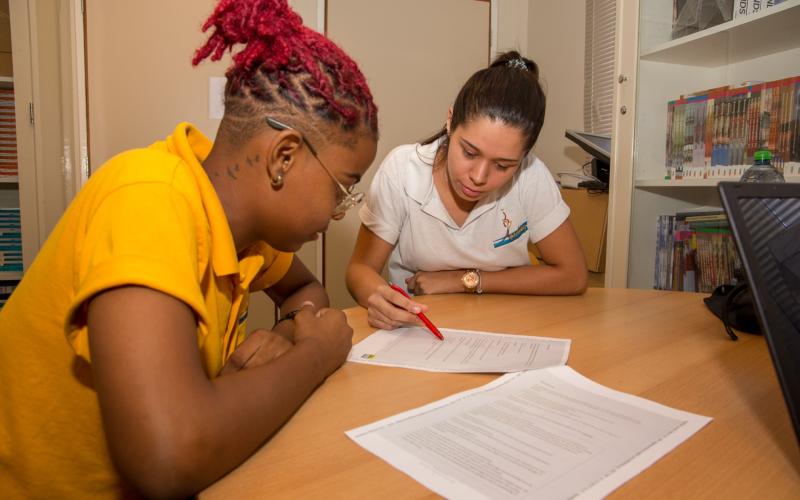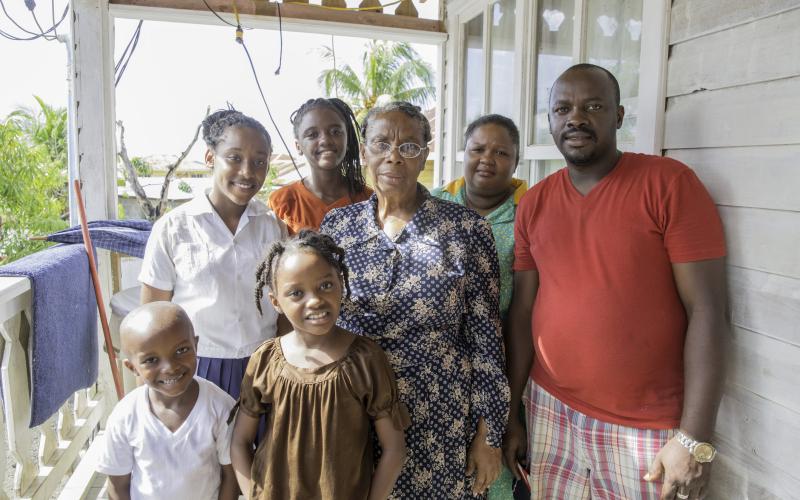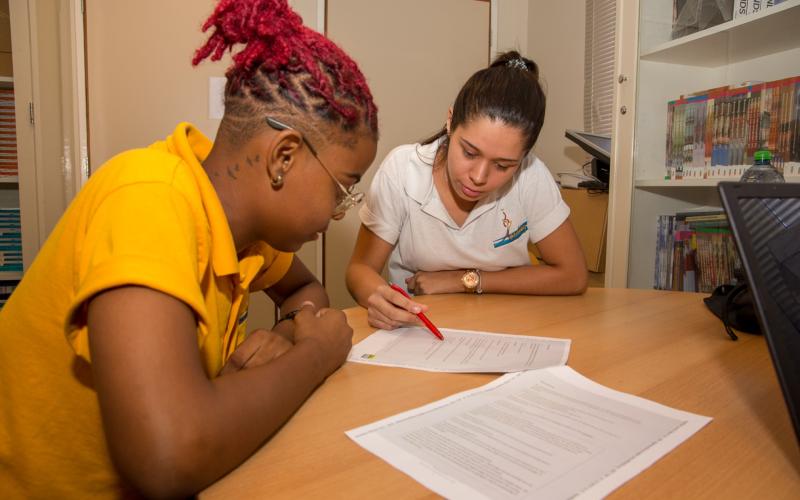
The new cohort of Caribbean students embarking on their studies in the Netherlands in this academic year continue to face problems. Almost two years after the publication of his report 'Concerns of Caribbean Students', the Dutch National Ombudsman remains disappointed by the lack of solutions to these problems. In an interim report, he takes stock of the current situation.
Caribbean students are still unable to apply for a Citizen Service Number (BSN) before heading for the Netherlands. However, work is being done to make it possible for BSNs to be issued in the Caribbean Netherlands. This process is set to take around a year to implement, which means that, before 2023, no BSNs will be issued to Caribbean students before they arrive in the Netherlands. The repercussions that this will have for students coming from Curaçao, Aruba and St. Maarten currently remain unclear. Achieving a BSN in the Caribbean Netherlands is not something that can happen overnight. Despite this, the Ombudsman had hoped – and indeed expected – that a solution would have been found for the new cohort of Caribbean students.
Basic health insurance not yet available for all Caribbean students
Since 1 July 2022, Caribbean students have been eligible for Dutch basic health insurance. However, this is subject to a residence assessment by the Social Insurance Bank (SVB). This can mean that students still have no access to Dutch basic health insurance and the associated healthcare allowance, for example if they are doing a study programme that lasts less than three years. This is a source of concern for the Ombudsman and he has asked Ernst Kuipers, Minister of Health, Welfare and Sport (VWS), to also find a solution for this group of students.
Automatic means test and integrated information provision
There are no signs yet of the automatic means testing envisaged, although an inventory is being drawn up of the possibilities for the automatic sharing of data with the Caribbean countries. As far as the integrated provision of information is concerned, action is being taken to inform people and encourage them to apply for means testing. The Steering Group on Academic Success for Caribbean Students has set up an ‘integrated information provision’ working group focusing on various information-related initiatives. The Ombudsman welcomes this move.
Reinier van Zutphen: "Overall, progress is being made, but Caribbean students still face far too many obstacles before, during and after studying in the Netherlands. There really is still a lot of work to be done.”
New roundtable meeting
The National Ombudsman will continue to monitor progress with regard to the recommendations made in the 2020 report. To this end, he again intends to organise one or several roundtable meetings with stakeholders at the end of 2022 or in early 2023. Depending on the results of these meetings, he will assess whether further action is required.


